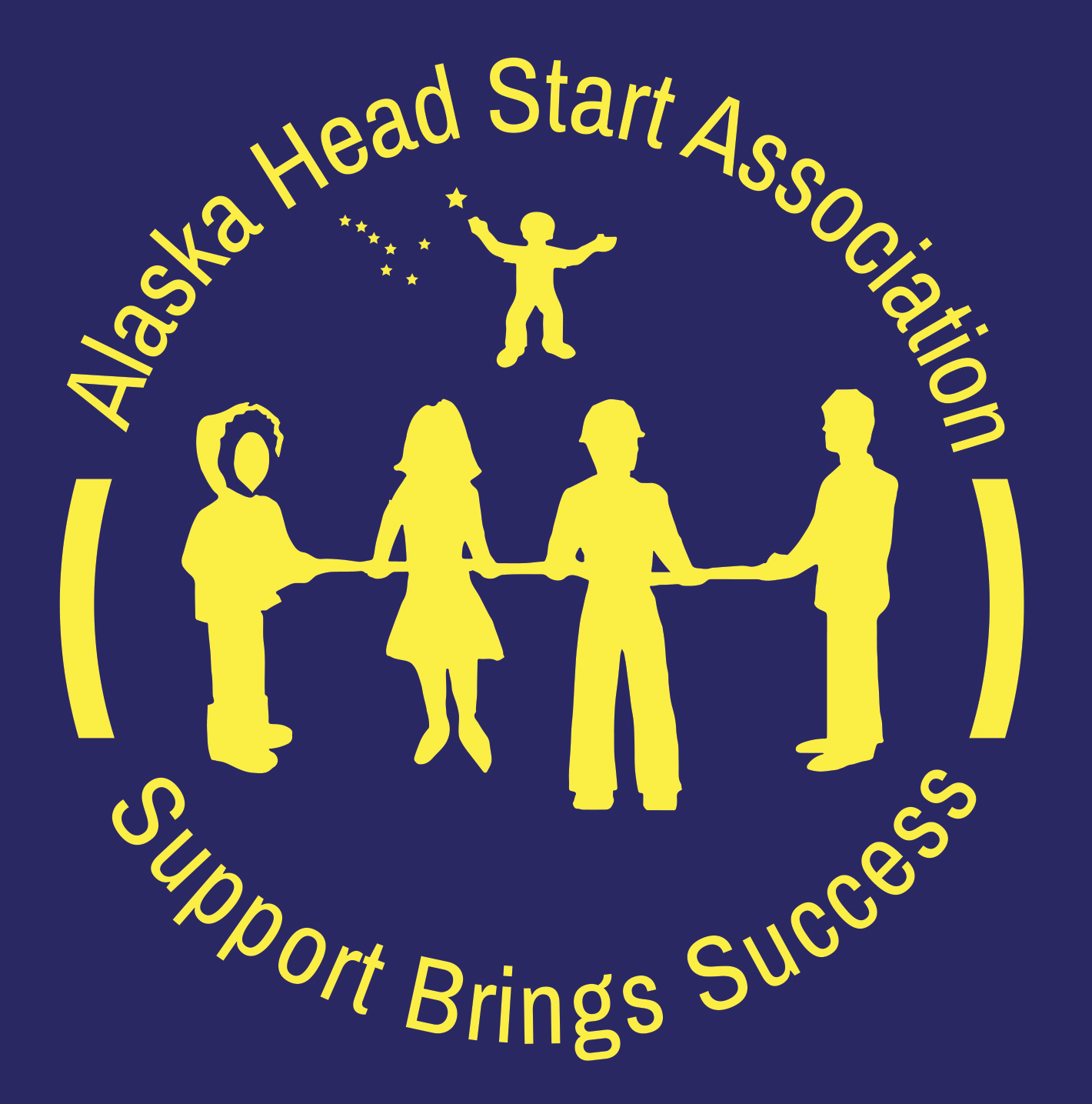ALASKA HEAD START ASSOCIATION
What is Head Start?

The Alaska Head Start Association (AHSA) is dedicated to strengthening early learning programs through advocacy, education, and leadership. AHSA represents all 16 Head Start programs in Alaska, creating a unified voice and point of contact for partners and policymakers. Each year we strive to keep the Head Start community informed, to build collaborative relationships, partner with coalitions at the state and federal level, and to recognize outstanding achievement.
Education: AHSA provides high-quality training and professional development opportunities for Head Start directors, staff and families.
Advocacy: AHSA provides a voice for the Alaska Head Start community in Alaska.
Communication: AHSA connects Head Staff staff, parents and supporters into one community and promotes Head Start in all communities of Alaska.
Collaboration: AHSA partners with a variety of organizations interested in supporting Head Start, early childhood education and child well-being.
Why is Head Start Important in Alaska

